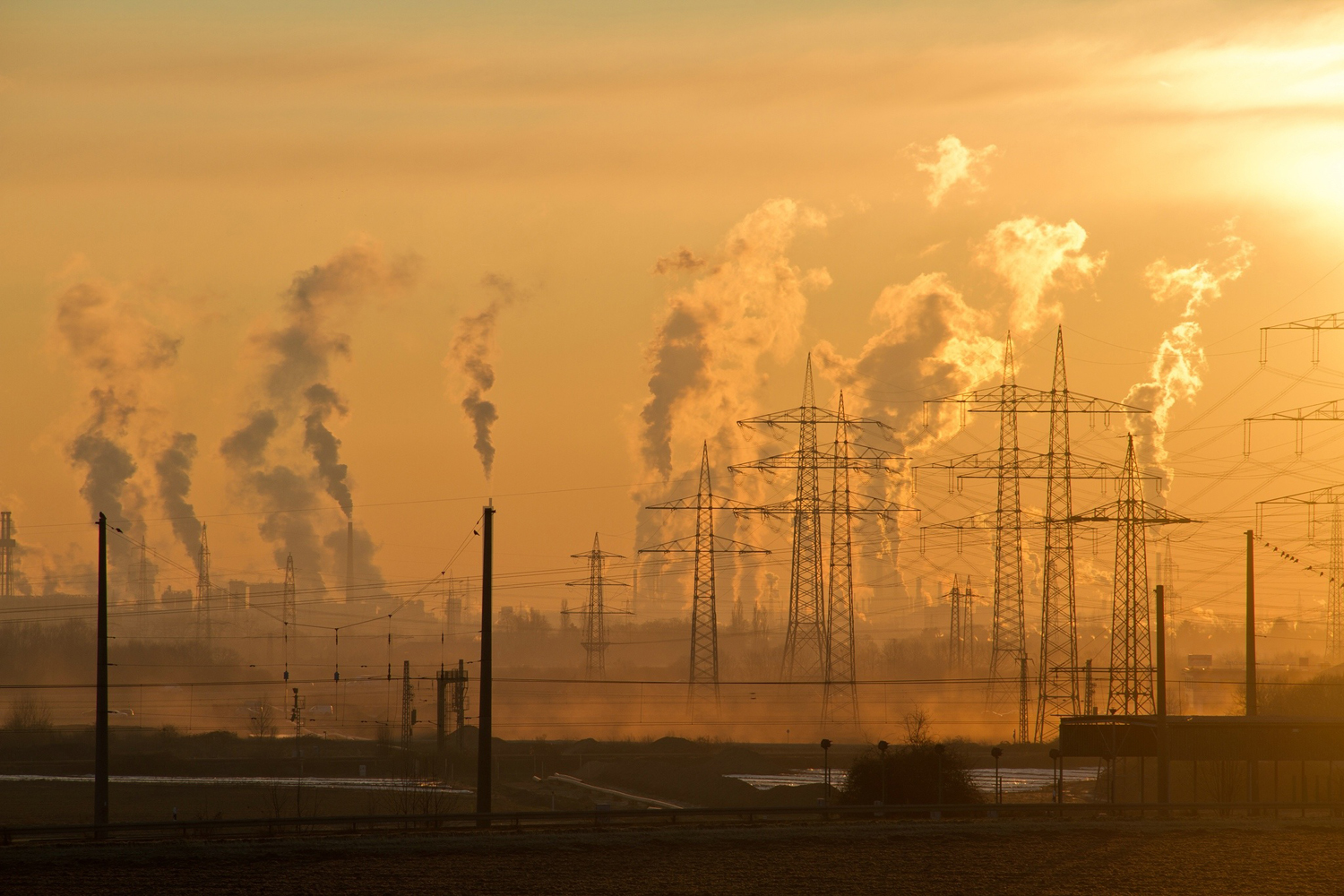
5 years of Paris accord: Declare 'state of climate emergency', says UN
UN chief Antonio Guterres, on Saturday (December 12) urged world leaders to declare a "state of climate emergency" and shape greener growth after the coronavirus pandemic, as he opened a virtual international summit marking five years since the landmark Paris Agreement

UN chief Antonio Guterres on Saturday (December 12) urged world leaders to declare a “state of climate emergency” and shape greener growth after the coronavirus pandemic, as he opened a virtual international summit marking five years since the landmark Paris Agreement. A call to action supported by French President Emmanuel Macron.
Saturday’s virtual Climate Ambition Summit, co-hosted by France, the United Kingdom and the United Nations, heard only from the leaders of countries which have committed to ambitious plans to reduce their nations’ carbon dioxide pollution.
On December 12, 2015, the signatories of the Paris Agreement which closed the COP 21 climate conference accepted the first-ever international treaty with the ambition of reducing greenhouse gas emissions.
Also read: In climate change fight, here’s how India can exceed Paris accord targets
Saturday’s virtual summit marked the anniversary by showing that the so-called “spirit of Paris” remains an effective reality, despite major setbacks and a worsening of the global situation since the historic signing.
Participating governments are now being asked to redouble their efforts, especially in view of the fact that current trends suggest a global warming of between 3.5°C and 4°C, more than twice the upper limit evoked as catastrophic by climate scientists at the time of the original Paris conference.
Also read: Flowers they’re a-changin’. No, it’s not Bob Dylan song but climate change
A ‘traumatic year’ comes to an end
British Prime Minister Boris Johnson told the climate summit that a traumatic year of the COVID-19 pandemic was ending with the hope of vaccines coming on-stream.
“My message to you all is that together, we can use scientific advances to protect our planet, our biosphere against a small challenge far worse, far more destructive, than even the coronavirus pandemic,” he said.
Johnson has also presented plans for a “green industrial revolution” in the UK, creating up to 250,000 jobs.
Only major climate event this year
This virtual summit is the only major international event to take place in 2020, the COP 26 conference having been postponed because of the coronavirus pandemic.
COP26 is now due to take place in Glasgow, Scotland, next November.
No fewer than 80 heads of state made contributions to Saturday’s online summit in the form of pre-recorded statements.
China’s President Xi Jinping and France’s Emmanuel Macron were among the heads of state who took part.
There were also presentations from business leaders, civil society and tribal chiefs.
Six of the ten worst polluting nations were represented: China, India, the European Union, Canada, Japan and the US, thanks to the interventions of two state governors who have refused the federal rejection of the Paris deal.
There was no room for Brazil, Australia, Indonesian or Mexico, all of whose efforts are judged insufficient under the terms established in Paris five years ago.
Climate is centrestage
Sebastien Treyer, the director of the Institute for Renewable Development and International Relations (Iddri), says the climlate debate is now squarely back at the centre of global concerns, especially since the election of Joe Biden to replace the climate sceptic Donald Trump in the White House.
Under the Paris deal’s ratchet mechanism, countries are required to submit renewed emissions cutting plans – termed Nationally Determined Contributions or NDCs – every five years. The deadline for this is December 31.
More than 110 countries have committed to becoming carbon neutral by 2050.
Several countries, including China, Japan, South Korea and South Africa, have joined the growing list of national governments committed to reducing their carbon emissions by the middle of this century.


